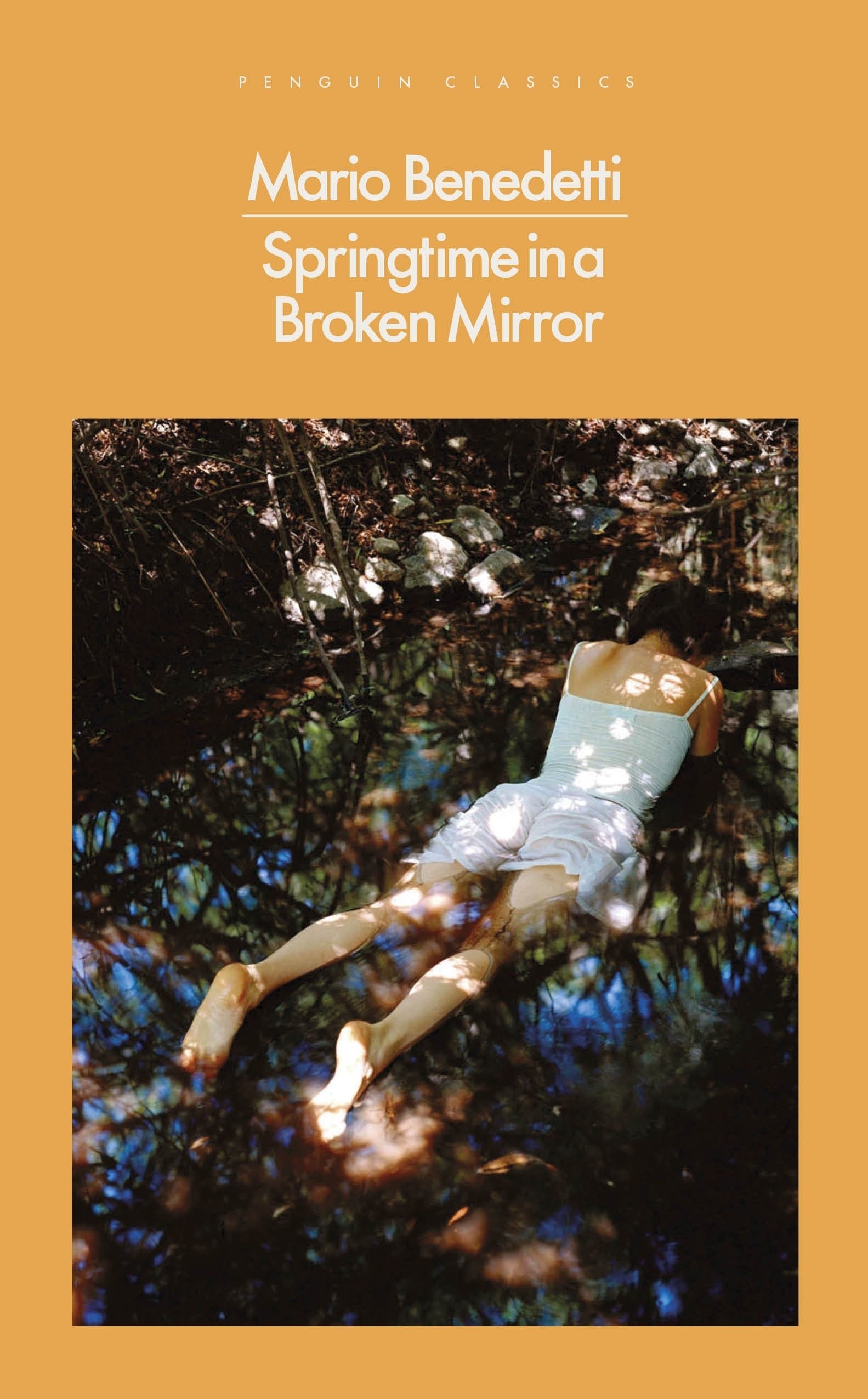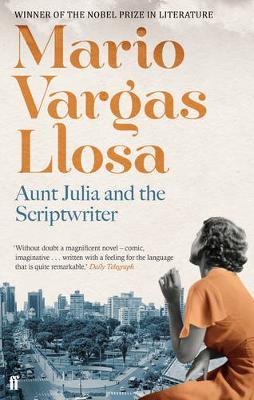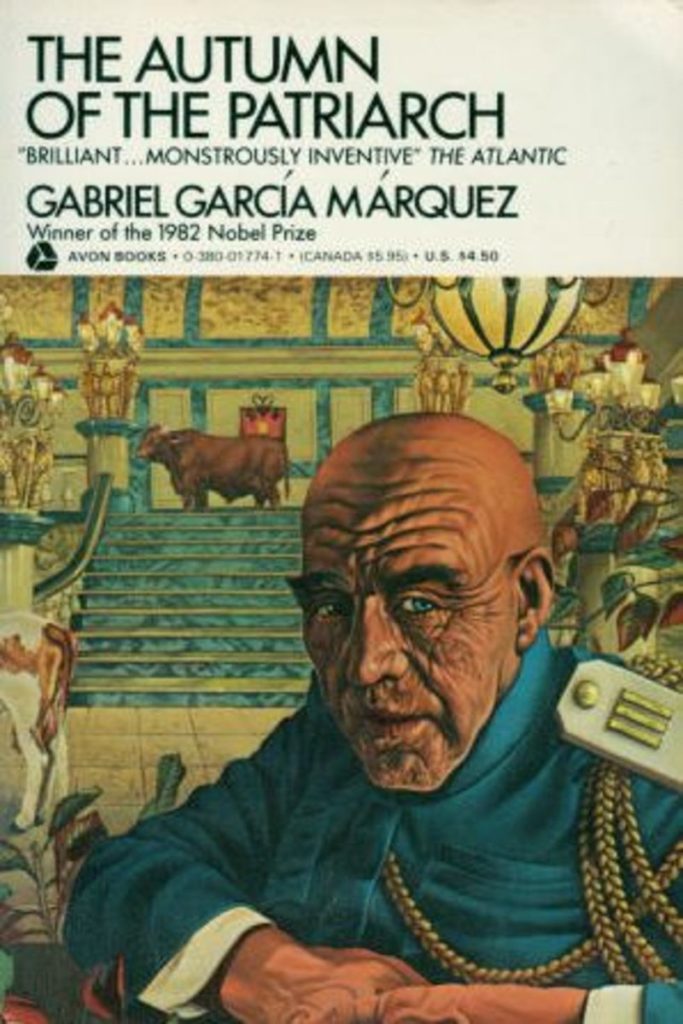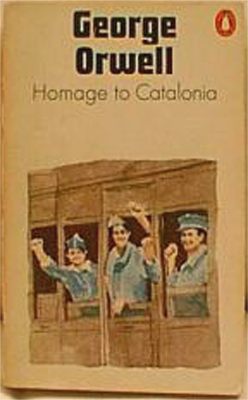My interest in political science has been largely shaped by fiction. The five books below, which are among my favorites, aren’t academic texts, but each of them powerfully explores political themes: repression, resistance, exile, separation, censorship, the absurdity and ugliness of power in non-democracies. Reading these works deepened my desire to study politics and understand the forces that shape our societies. I hope you’ll enjoy them too.

“Springtime in a Broken Mirror” follows Santiago, a political prisoner in 1970s Uruguay, as he writes letters from prison to the family he can no longer touch. In exile across the border, his wife, daughter, and father each cope with separation, loss, and the quiet erosion of hope. As his wife begins to fall for his closest friend, the novel becomes a meditation on loyalty, memory, and the slow violence of dictatorship. Blending fiction with autobiographical reflection, Benedetti offers a deeply human portrait of love, exile, and the emotional costs of political repression. (Read more here.)

“Aunt Julia and the Scriptwriter” follows Mario, a young writer in 1950s Lima, whose forbidden romance with his older aunt Julia unfolds alongside his friendship with a manic radio dramatist Pedro Camacho. As Camacho’s broadcasts spiral into chaos, the novel satirizes media sensationalism, cultural conservatism, and censorship in a politically tense Peru. Fiction and reality collide in Vargas Llosa’s sharp and semi-autobiographical portrait of a society struggling between tradition and change. (Read more here.)

“The Autumn of the Patriarch” is a hallucinatory portrait of a nameless Latin American dictator whose rule stretches across decades. Told in long, winding sentences that mimic the decay of power, the novel blurs past and present, myth and memory. Drawing on historical Latin American dictatorships, García Márquez explores the solitude, paranoia, and moral rot of authoritarianism with brutal yet lyrical precision. It’s a haunting meditation on absolute power and its corrosive legacy. (Read more here.)

“The Island” is a dark, psychologically rich novel set on Mallorca during the early days of the Spanish Civil War. The story follows Matia, a rebellious fourteen-year-old sent to live with her authoritarian grandmother and domineering cousin, as she navigates a world shaped by cruelty, fear, and social hierarchy. Beneath the oppressive heat and beauty of the island, buried political tensions and personal betrayals mirror the violence unfolding across Spain. Matute crafts a powerful portrait of adolescence caught in the shadow of authoritarianism and moral collapse. (Read more here.)

“Homage to Catalonia” is George Orwell’s firsthand account of his time fighting with the POUM militia during the Spanish Civil War. What begins as a story of idealistic anti-fascist struggle turns into a sobering critique of internal leftist divisions, party propaganda, and betrayal. Orwell documents not only the brutality of the front lines but also the political disillusionment that followed, as revolutionary hopes gave way to factionalism and repression. The result is a clear-eyed, unromantic portrayal of war, ideology, and the gap between theory and reality. (Read more here.)